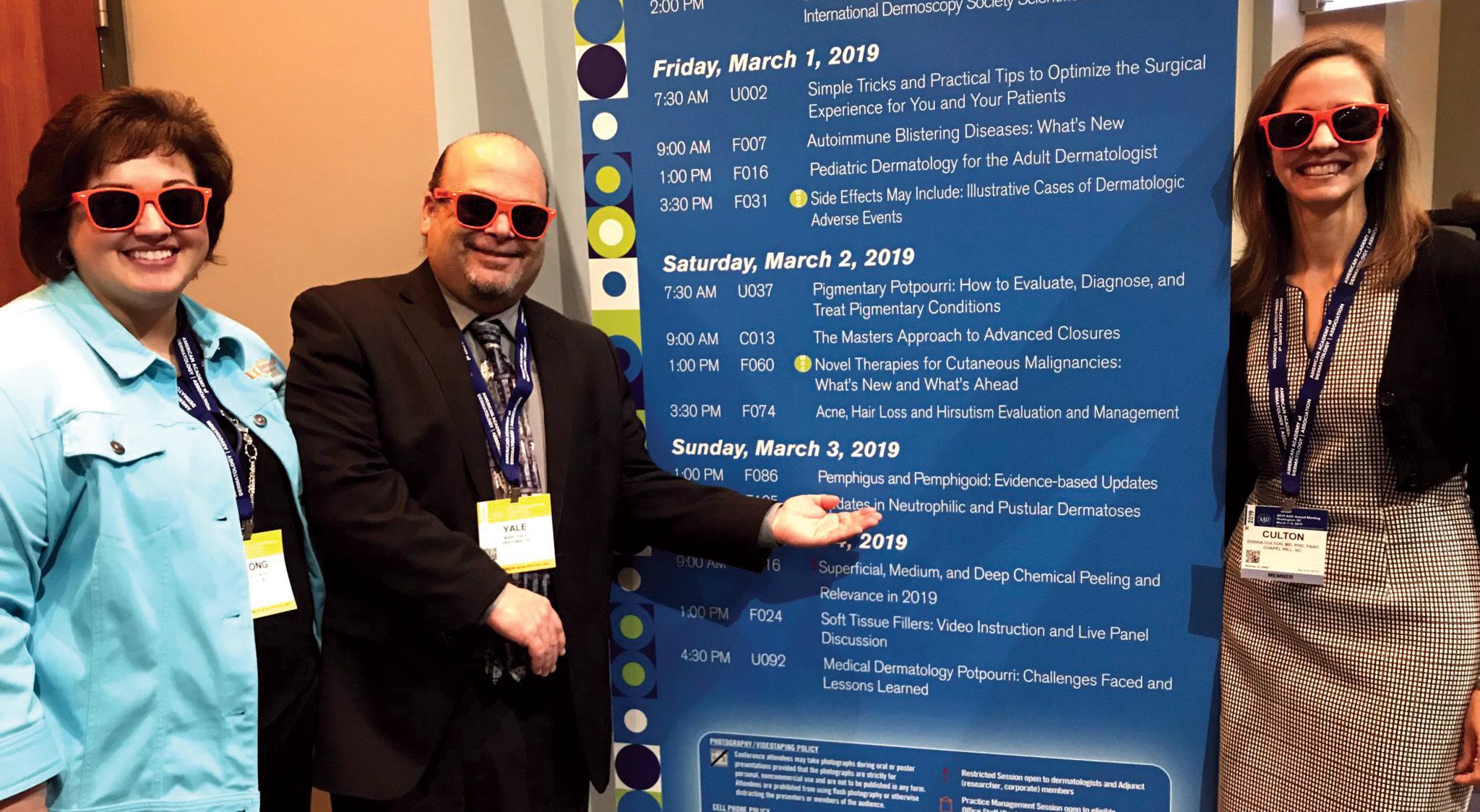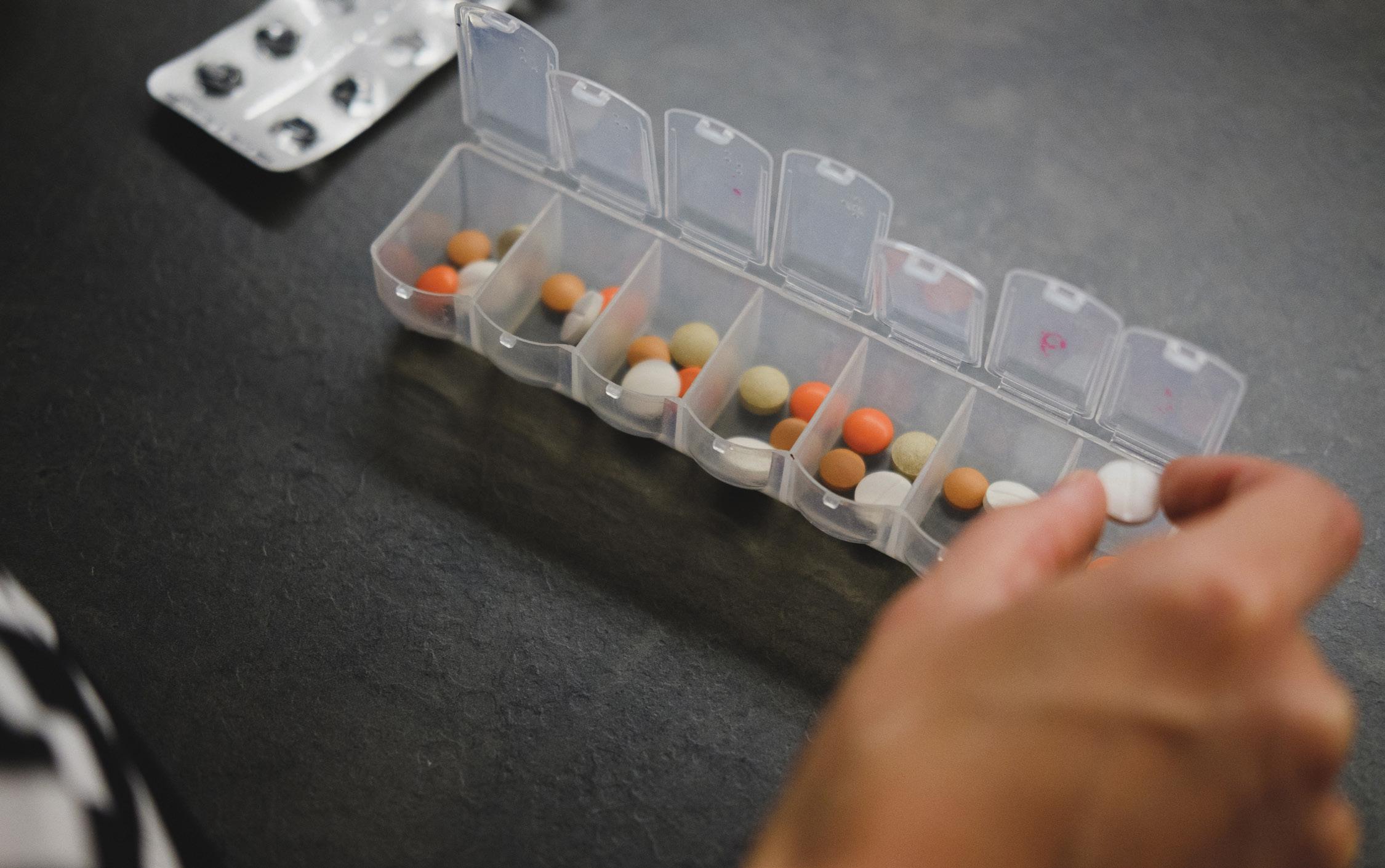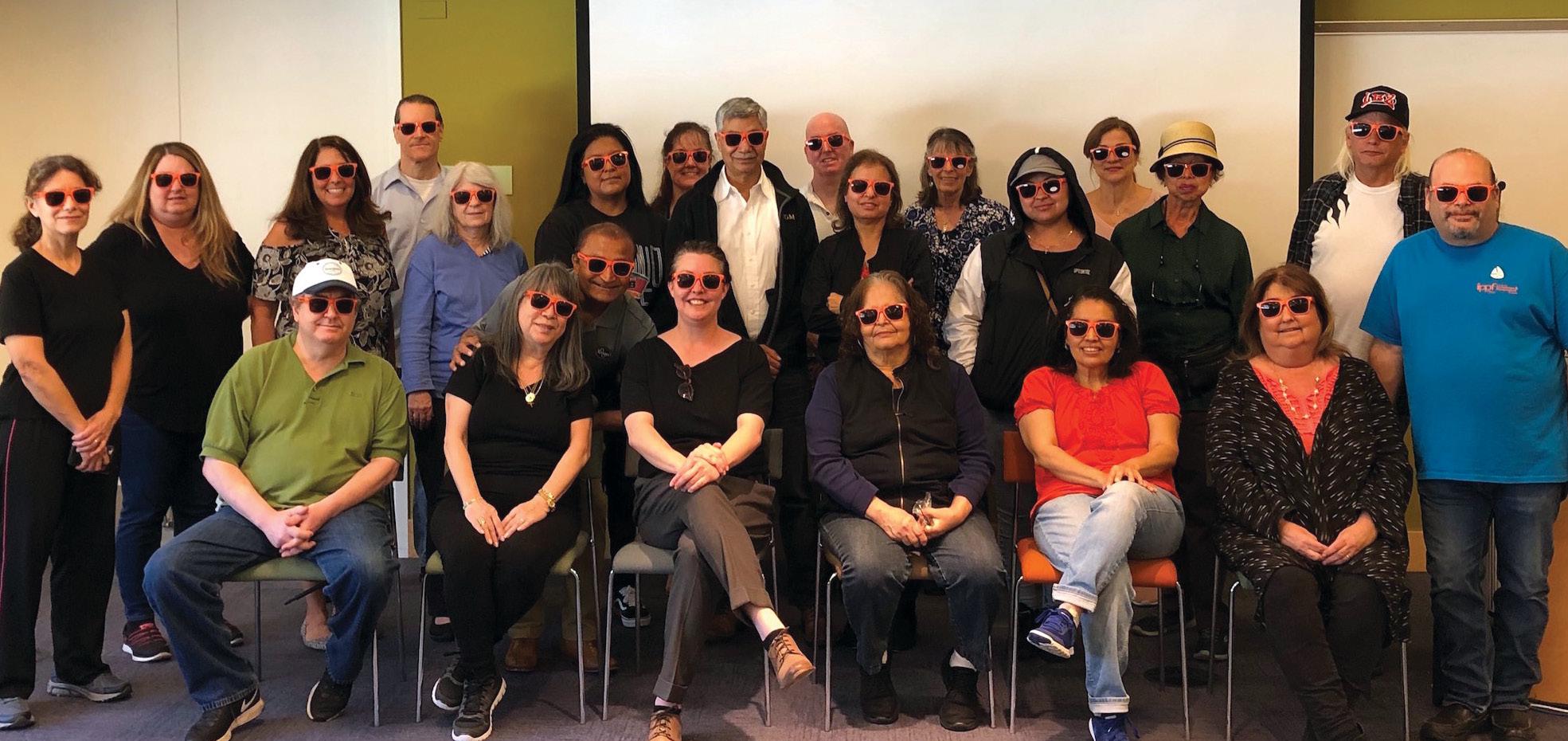
4 minute read
Positive Proof-of-Concept Data for Efgartigimod in Pemphigus Vulgaris
In January 2020, biotechnology company argenx announced positive proof-of-concept data for efgartigimod in pemphigus vulgaris (PV). Twenty-three patients were evaluated for efficacy in an adaptive Phase 2 trial aiming to establish optimal treatment. Recently, IPPF Executive Director Marc Yale talked to CEO Tim Van Hauwermeiren about the trial.
Tim Van Hauwermeiren cofounded argenx in 2008 and has served as the Chief Executive Officer since April 2008. He has served as a member of their board of directors since July 2014. Mr. Van Hauwermeiren has more than 20 years of general management and business development experience across the life sciences and consumer goods sectors. He holds a Bachelor of Science and Master of Science in bioengineering from Ghent University (Belgium) and an Executive MBA from the Vlerick School of Management.
Advertisement
What sets argenx apart from other biotech companies?
Tim Van Hauwermeiren (TVH): argenx refers to the ancient story of the argonaut, which talks about the collective power of the team instead of individual heroes. In our company we collaborate as equals, both within and beyond our walls in a humble fashion. But let there be no misunderstanding—our ambition level is high: we want to achieve the unthinkable and revolutionize the way the world treats really bad diseases like PV.
When and why did argenx decide to work on a clinical trial for pemphigus?
TVH: We built our drug candidate, efgartigimod, on the basis of the seminal work of our collaborator, Professor Sally Ward at Texas A&M University. Efgartigimod has the unique ability to rapidly and substantially eliminate disease-causing antibodies from the body. Severe autoimmune diseases which are driven by disease causing antibodies—like PV—are potentially an ideal target.
What is the therapy that argenx will use for the clinical trial called, and how does it work?
TVH: Efgartigimod targets FcRn, a tiny structure in our bodies which enables our antibodies (of the IgG type) to persist for a long time. Most often this is highly beneficial to mobilize our immune system, but in cases where these antibodies cause disease, we don’t want them to persist. So by blocking FcRn, we hope to actively eliminate them from the body so they can no longer do harm.
Is argenx’s novel therapy for PV designed to be steroid-sparing, or will it eliminate the need for steroids altogether?
TVH: In our Phase 2 proof-of-concept trial, we demonstrated fast onset of action of efgartigimod as a monotherapy and demonstrated likely synergy with low dose of steroids. In addition to efficacy and safety, we hope to also evaluate steroid dosing in our registrational trial.
How is efgartigimod administered to patients, and how often would patients need to take it (daily, weekly, etc.)?
TVH: We studied a one-hour IV infusion product given on a weekly basis in our Phase 2 proof-of-concept trial in PV patients. We are also developing a subcutaneous injection which could be dosed less frequently.
You recently showed data from the argenx Phase 2 proof-of-concept clinical trial of efgartigimod in PV. Can you describe what you have learned so far?
TVH: Efgartigimod showed everything we were hoping to see in the trial. We saw fast onset of action where patients achieved disease control after one or two infusions, deep responses including complete clinical remission within 2-10 weeks, and a favorable tolerability profile consistent with our experience with the drug in other clinical studies. This is a unique drug profile and very encouraging for PV patients.
Was this trial done in a single site? T
VH: The study ran in a handful of clinical sites across Europe and Israel, conducted by some of the best pem- phigus experts.
Is argenx considering a trial in the US? If so, how many patients will you be enrolling?
TVH: The US will definitely be part of the global study. We will disclose more trial details as soon as it starts in the second half of 2020. We look forward to working with the IPPF to share this information with PV patients.
What impact does argenx feel this therapy will have on patients’ lives?
TVH: Our goal is to develop a therapy that provides rapid control of the disease, fast skin healing together with strong steroid sparing, and a promising tolerability pro- file. If we achieve this goal, efgartigimod has the potential to change the way we treat pemphigus.
How can the IPPF community help argenx in the drug development process?
TVH: Marc, we appreciate your guidance and partnership to date. We want to continue this collaboration with IPPF by incorporating patients’ voices and treatment desires into the design of our registrational trial and by working together to share information with patients. In addition, we look forward to getting to know the PV community and bring additional awareness of the patient journey with this rare diagnosis.
argenx attended and participated in the 2019 IPPF Patient Education Conference. Can you share one important takeaway from the conference?
TVH: We met many PV patients and were inspired by their fighting spirit. This is a tight knit, collaborative community with a strong belief that tomorrow will bring more solutions. argenx wants to be part of that journey.
Marc Yale was diagnosed in 2007 with cicatricial pemphigoid. In 2008, he joined the IPPF as a Peer Health Coach and was promoted to Executive Director in 2016. Marc currently resides in Ventura, California, with his wife Beth and daughter Hannah.









